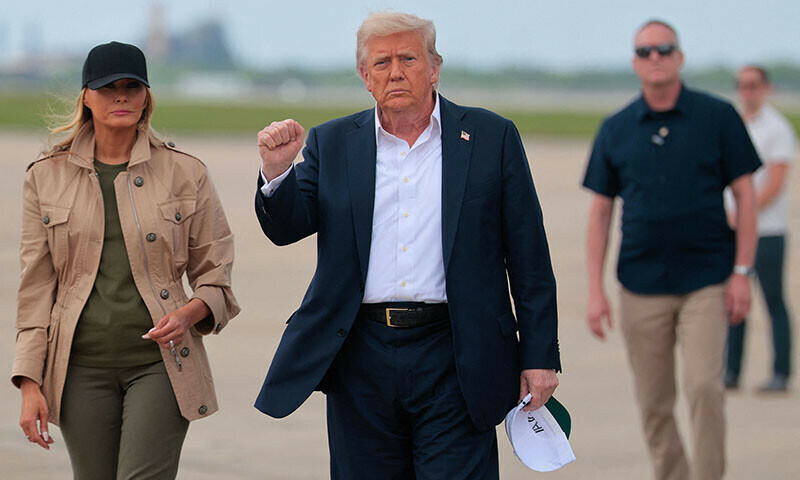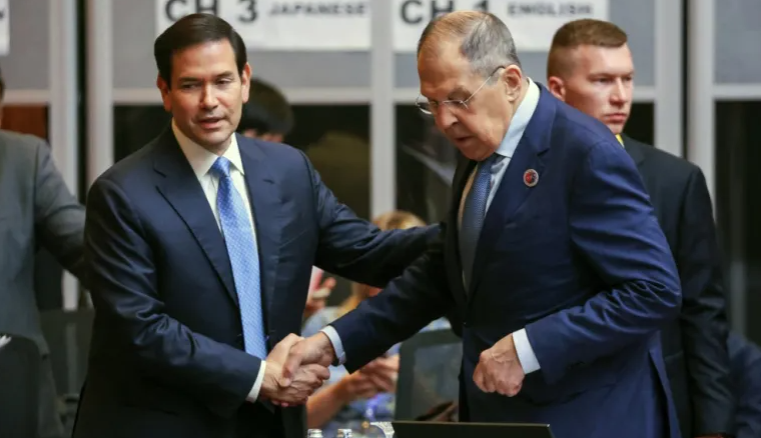WORLD NEWS

US President Donald Trump has announced a sweeping 30% tariff on imports from Mexico and the European Union, effective August 1, following failed negotiations aimed at reaching a comprehensive trade agreement with the key trading partners.
The announcement came in separate letters posted on Trump’s Truth Social account on Saturday, marking the latest escalation in a global trade war reignited since his return to the White House.
Earlier this week, Trump unveiled new tariffs targeting a range of countries including Japan, South Korea, Canada, and Brazil, alongside a sharp 50% tariff on copper, signaling a broader shift in US trade strategy focused on generating domestic industrial growth.
EU Reacts with Warnings of Countermeasures
In response, European Commission President Ursula von der Leyen expressed deep concern over the new duties, stating that the EU remains committed to negotiations but is ready to "safeguard its interests" through "proportionate countermeasures" if necessary.
“Few economies in the world match the European Union’s level of openness and adherence to fair trading practices,” von der Leyen said in an official statement, adding that efforts to reach an agreement would continue until August 1.
Trade tensions within the EU bloc have also surfaced, with Germany advocating for a swift deal to protect its manufacturing exports, while France and others remain wary of what they see as a lopsided agreement favoring Washington.
Italy Pushes for Calm, Hopes for Fair Deal
Italian Prime Minister Giorgia Meloni, in a separate statement, urged for de-escalation and reaffirmed support for the European Commission’s efforts to strike a “fair deal.”
“Rome fully supports the efforts of the European Commission,” her office noted. “We believe it is crucial to stay engaged in talks with the United States and avoid further polarization.”
Revenue on the Rise as Trade War Widens
The US Treasury Department reported that customs duties revenue crossed $100 billion in the current federal fiscal year up to June, highlighting how the tariff-first approach is generating record income for the US government — but also stoking fears of global economic fragmentation.
The European Union, the United States’ largest trade and investment partner, had hoped to reach a zero-for-zero tariff deal on industrial goods, but months of complex negotiations have stalled, pushing both sides toward what now seems to be an interim solution — or possibly open confrontation.
With the clock ticking toward August 1, all eyes are now on Brussels and Washington to see whether diplomacy can still deliver a last-minute breakthrough — or if a new round of retaliatory tariffs will plunge global markets into uncertainty once again.




